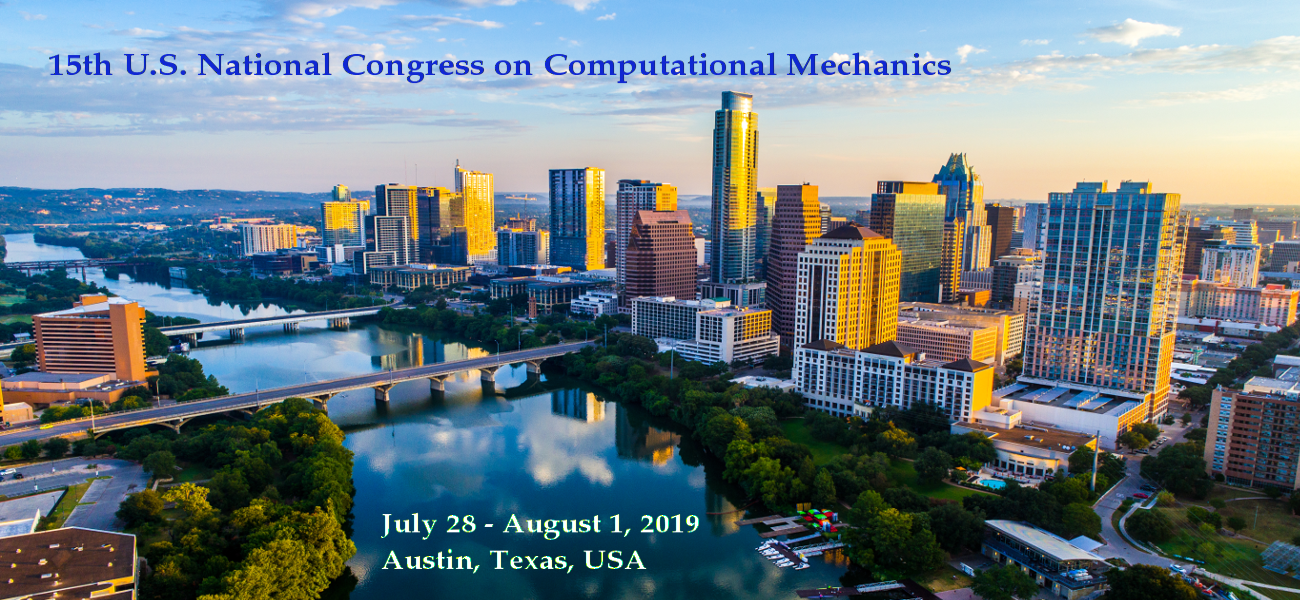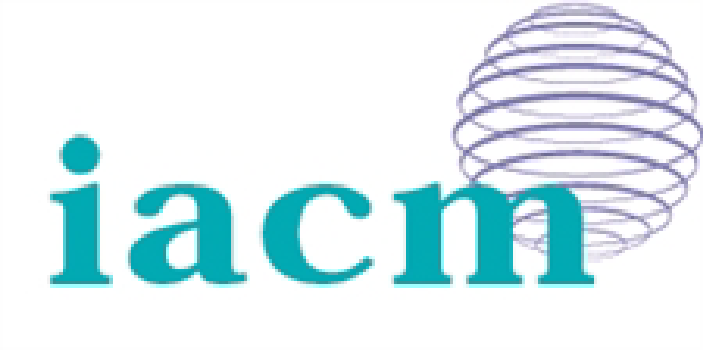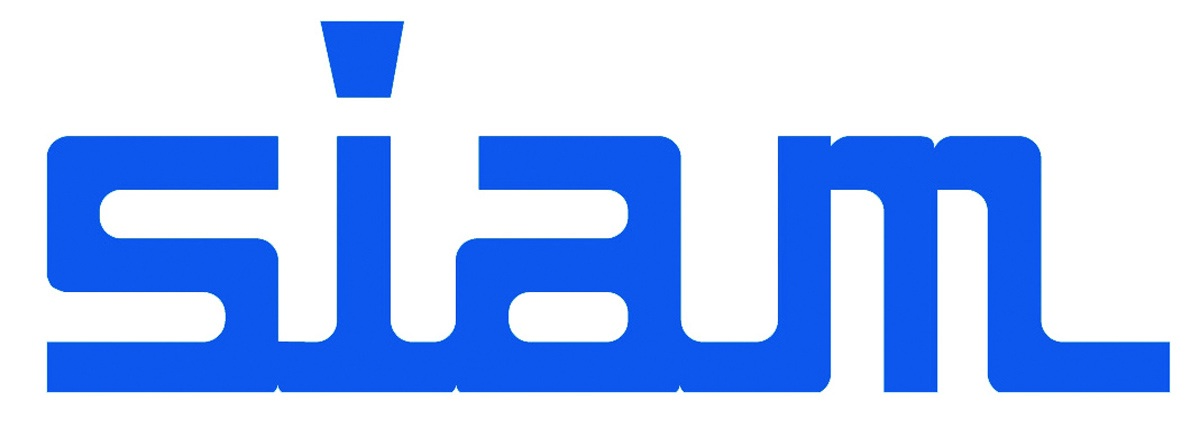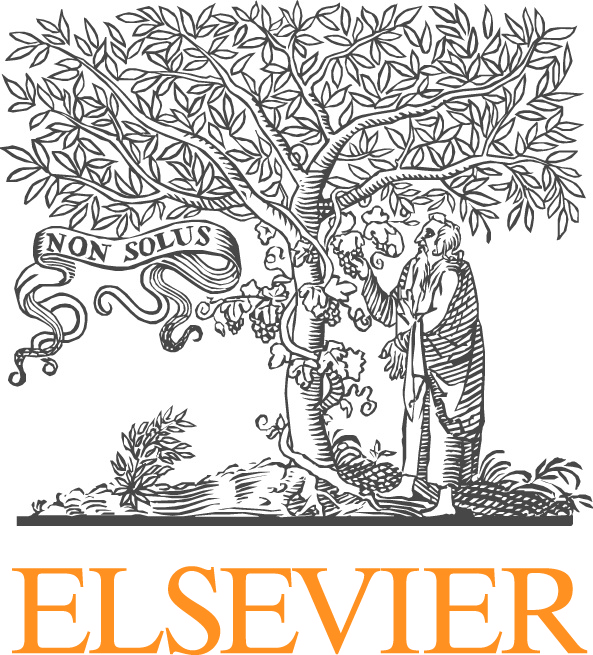Youngsoo Choi, Lawrence Livermore National Laboratory
Masayuki Yano, University of Toronto
Matthew Zahr, Lawrence Berkeley National Laboratory
While computational continuum mechanics has become an indispensable tool in engineering design and analysis, a number of real-time and many-query applications remains out of reach for classical high-fidelity analysis techniques. Model reduction is one approach to reduce the computational cost in these applications while minimizing the error introduced in the reduction process. In this mini-symposium, we discuss recent developments in model reduction techniques. Topics include, but not limited to: model-reduction techniques for flow control, poroelastic media, coupled flow-geomechanics, contact problems, design optimization, inverse problems, uncertainty quantification, advection-dominated problems, Lagrangian coherent structure, and turbulence modeling problems; treatment of the parameter space with a large dimension; efficient reduction of nonlinear operators; (Petrov–)Galerkin schemes; residual and goal-oriented error estimation and adaptivity; and demonstration of model-reduction techniques for large-scale industry-relevant problems. The minisymposium will bring together researchers working on both fundamental and applied aspects of model reduction to provide a forum for discussion, interaction, and assessment of techniques.







